Brookhouse Group Limited v Lancashire County Council
Citation: 2023] EWHC 2921 (TCC)
This case highlights that the 30-day limitation period under Regulation 93(5) of the Public Contract Regulations 2015 (SI 2015/102) (PCR 2015) could not be relied upon by a contracting authority where a public works contract was entered into without a preceding competitive tender process.
Background
Brookhouse Group Ltd (the Claimant) brought a claim against Lancashire County Council (the Council) in January 2023 for a declaration of ineffectiveness under Regulation 98(2) of the PCR 2015, in respect of the Council’s contract award to a developer. The Developer in this case was Maple Grove Developments Limited (MGD), the wholly-owned subsidiary of the parent company which has been awarded a competitively tendered contract by the Council.
The contract, a public works contract or mixed public works and services contract under the PCR 2015 for land redevelopment, was awarded without the issue of an award notice and no competitive tendering exercise had been conducted in relation to it.
Procedural history
In response to the claim, filed on 20 January 2023, 4 months after the contract was entered into, the Council raised a limitation defence on the basis that since the Claimant received a summary of the relevant reasons by 22 September 2022 under regulation 93(5), the 30-day time limit for starting proceedings under regulation 93(2) had expired on 24 October 2022.
The question was whether, in the absence of a competitive award procedure for a particular contract awarded, a contracting authority can rely upon Regulation 93(5) of the PCR 2015 by providing reasons to the economic operator (the Claimant) as to why the authority considered no competitive award procedure was carried out.
Judgment
The Court clarified that the shorter, 30-day time limit in Reg 93(2)(a) applies where:
(1) a contract award notice has been published (Reg 93(3)); or
(2) the economic operator has informed the economic operator of the conclusion of a contract and a summary of “the relevant reasons” (Reg 93(5)).
“The relevant reasons” are the reasons the economic operator would have been entitled to receive in response to a request under Reg 55(2). In this regard, the court clarified that Regulation 55 only applies where:
(1) A contract has been awarded pursuant to a competitive tender procedure according to the PCRs, triggering the obligation under Reg 55(1) on the contracting authority to provide information; and
(2) A “candidate” or “tenderer” within the meaning of Reg 2 has requested reasons in accordance with Reg 55(2) and the reasons relating to those matters need to have been provided to start time running under Reg 93(5)
The Court struck out the Council’s limitation defence and held that as the claimant was not a tenderer or a candidate, the reasons provided by the Council to the claimant could not be relied upon for the purpose of the 30-day time limit in Reg 93(2), which in itself was fatal defence. As such, the 6-month limitation period in Reg 93(2)(b) applied. The Council’s counter application for strike out and summary judgment was dismissed.
Rhodri Williams KC and Tom Walker acted for the Defendant.
Full judgment at: https://www.bailii.org/ew/cases/EWHC/TCC/2023/2921.html


